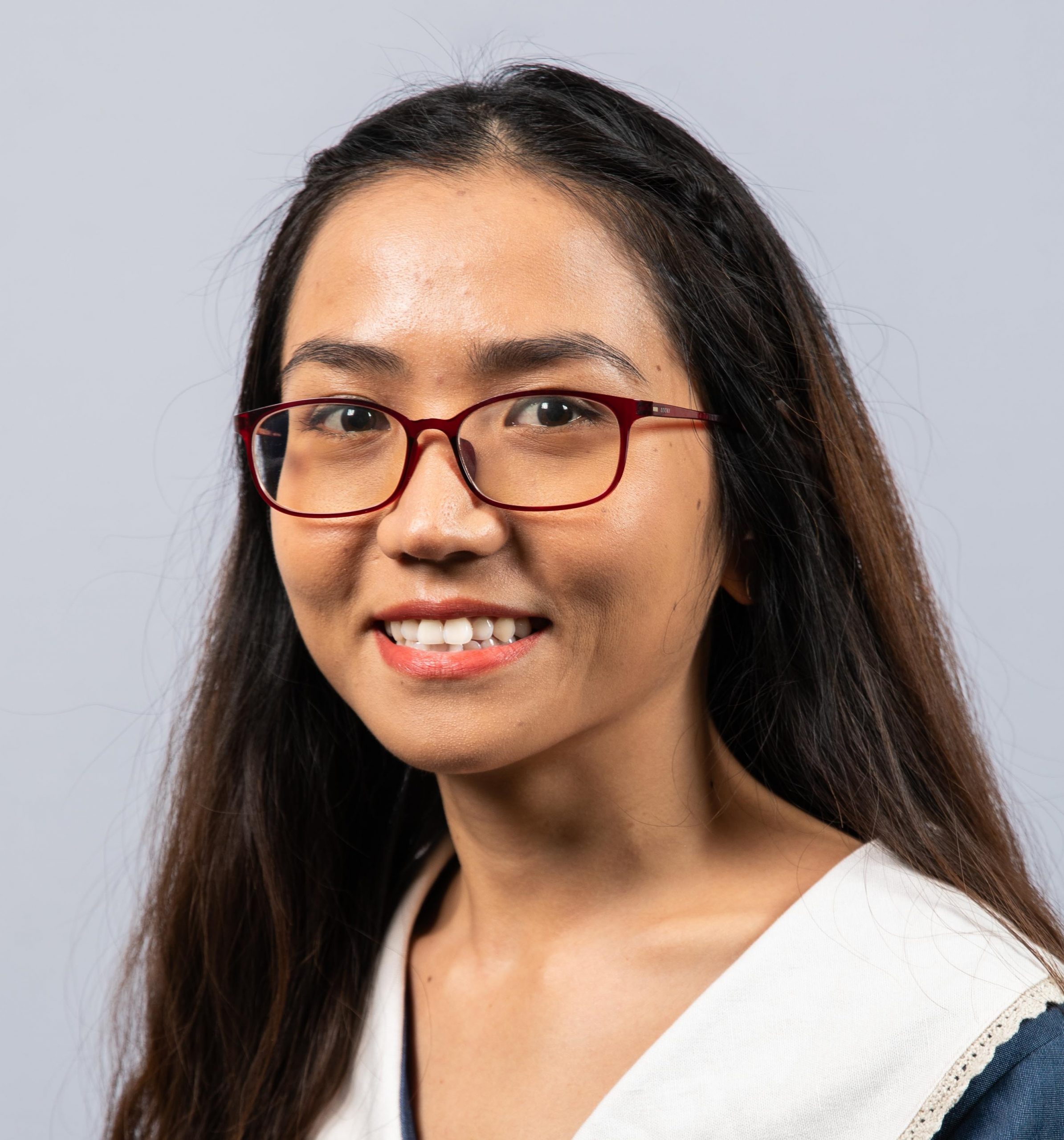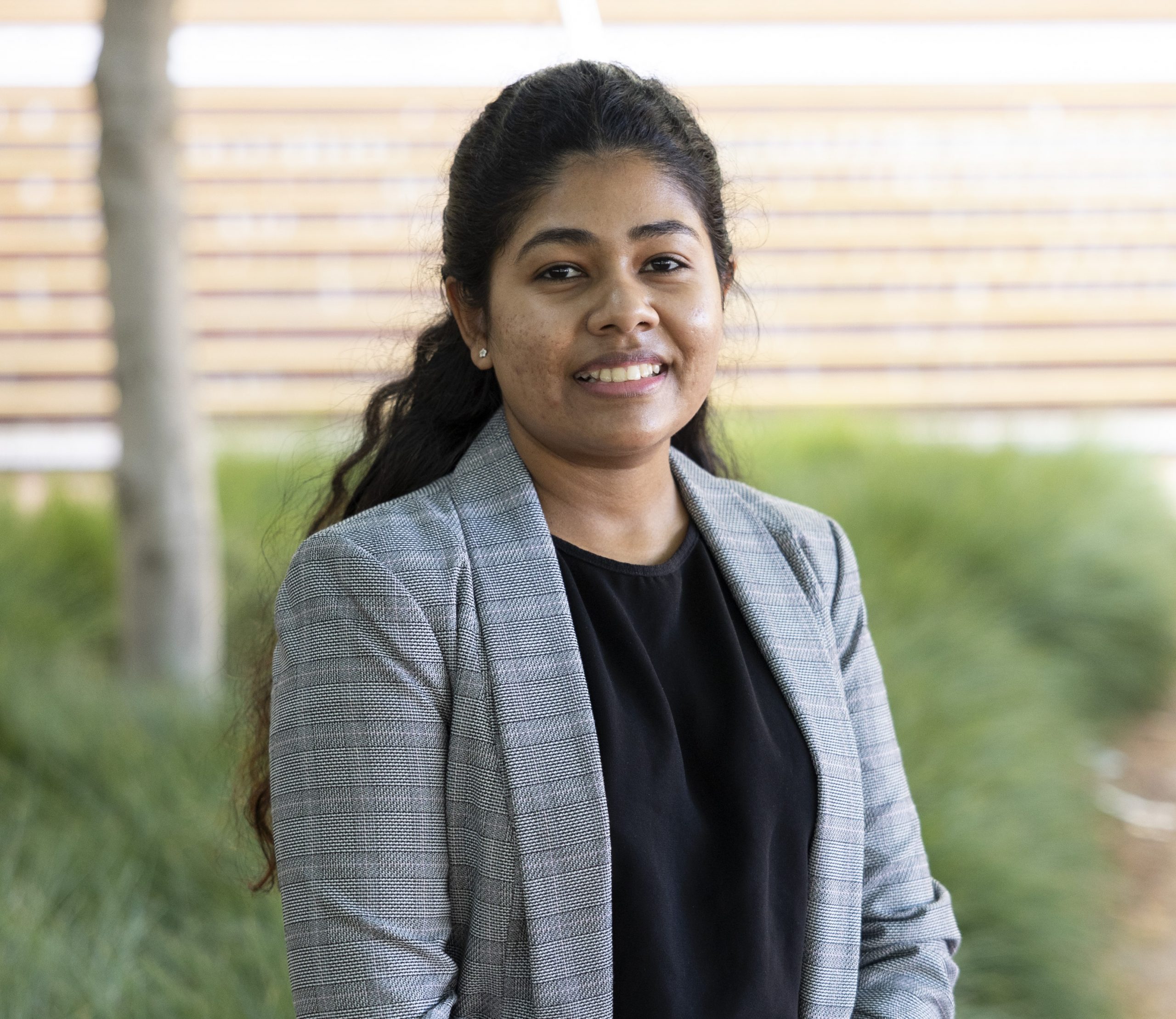Mathematical optimisation theory and applications
Lecturers
Dr Hoa T. Bui, Curtin University and Dr Vinesha Peiris, Curtin University
Synopsis
Techniques of mathematical optimisation are ubiquitous in today’s world. They form the backbone of operations research and associated tools like Gurobi. They motivate the popular backpropagation method used in training neural networks. And they are foundational in modern machine learning and data science, where their canonical problem structures are used to model essential applications such as classification and regression. In this course, we sample the discipline with a big-picture approach from duality theory and generalised convexity to algorithms and their important applications such as locations problems, scheduling problems and approximation problems. By the end of the course, students will apply their knowledge to real-world applications, utilising the popular tools such as Gurobi.
Course Overview
Week 1:
- We will introduce the essentials of convex optimisation theory, with a particular focus on duality theory, with emphasis on intuitively gleaning why that theory is so flexible.
Week 2:
- We will study duality in integer programming and its applications in outer approximation methods and generalised Bender decomposition methods — the most important techniques to tackle large scale mixed integer linear/nonlinear problems.
Week 3:
- We will study many powerful algorithms that the convex optimisation theory motivates. Particular emphasis will be given to (Augmented) Lagrangian duality, and its utility for reformulating constrained problems into unconstrained ones.
Week 4:
- We will learn the basics of approximation theory and apply optimisation and approximation techniques to tackle applications in deep learning and neural networks.
Prerequisites
- At a minimum, the successful student will have taken courses in linear algebra and real analysis, and they should be familiar with the basics of programming (an introductory course or equivalent experience in C++, Julia, Python, Matlab, or similar should suffice). We will provide detailed instructions in advance of the class for students to install Anaconda Python and other add-ons prior to the course. If students run into problems, we can work to sort those problems out in week 1. We will not begin programming until week 2.
Assessment
- 2x Quizzes (due weeks 1 & 3) – 5% each
- 2x Assignments/Projects (due end weeks 3 & 4) – 20% each
- Take home exam – 50%
Resources/pre-reading
- Convex Optimization by Stephen Boyd and Lieven Vandenberghe, Cambridge University Press; Free download https://web.stanford.edu/~boyd/cvxbook/bv_cvxbook.pdf
- Deep learning by Yoshua Bengio, Ian Goodfellow, Aaron Courville; (Can be read online for free – cannot be downloaded).
https://www.deeplearningbook.org/ - Wolsey, Laurence A. Integer programming. John Wiley & Sons, 2020.
- Convex Analysis and Nonsmooth Optimization by Dmitriy Drusvyatskiy. Free download https://sites.math.washington.edu/~ddrusv/crs/Math_516_2021/bookwithindex.pdf
- LaTex tutorials – https://www.overleaf.com/ (you will need to make an account to access tutorials). LaTex will be required for assignments, projects and the take-home exam.
Not sure if you should sign up for this course?
Take this pre-enrolment QUIZ to self evaluate and get a measure of the key foundational knowledge required.

Dr Hoa T. Bui, Curtin University
Dr. Hoa Bui is an applied mathematician working in operations research, variational analysis, convex analysis, and non-convex optimisation. Hoa’s current focus is on developing efficient mathematical algorithms for solving large-scale optimisation problems in industry. Hoa obtained a B.Sc. in Mathematics from the University of Pedagogy, Ho Chi Minh City, Vietnam, in 2016. Soon after graduation, she moved to Australia to pursue a PhD in applied mathematics at Federation University, graduating in 2020. Hoa is a Research Fellow/Lecturer at Curtin Centre for Optimisation and Decision Science. She works closely with companies like Alcoa, BHP, Fortescue, and Roy Hill to develop the next generation of high-performance optimisation algorithms and deliver practical solutions for complex real-world scheduling problems.

Dr Vinesha Peiris, Curtin University
Vinesha obtained her PhD from Swinburne University of Technology, Australia in 2022. She then served as an associate research fellow at Deakin University before beginning her role as a research fellow at Curtin Centre for Optimisation and Decision Science at Curtin University. In addition to working on optimisation-related large scale industrial projects, she is interested in optimisation, approximation theory, and their applications in neural networks and deep learning. Vinesha has also received several awards from the Australian Mathematical Society including the Bernhard Neumann prize and Maryam Mirzakhani award.

